Tuesday, 23 April 2024
Menu
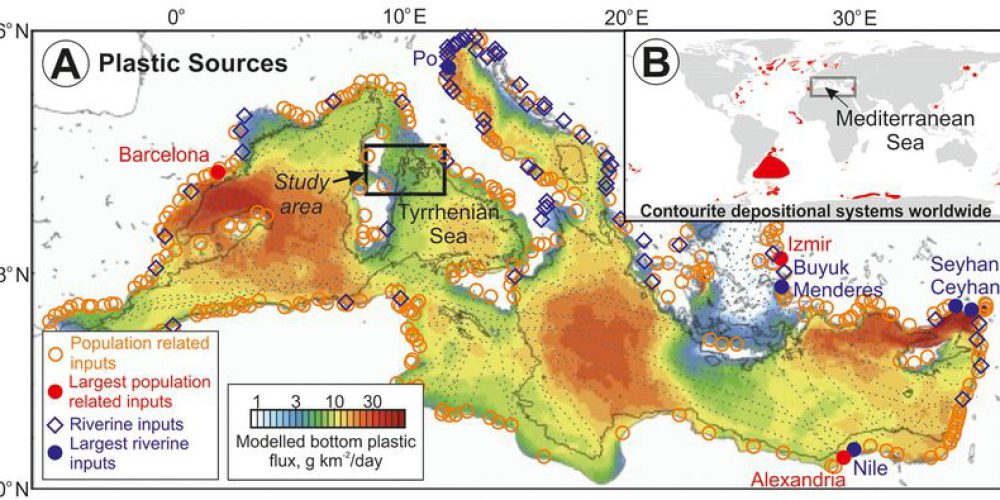
A British team of scientists has shown that microplastics get caught up in powerful bottom currents that, among other things, are responsible for supplying oxygen and nutrients to deep-sea ecosystems. The researchers also concluded that this creates huge drifts that threaten to overtake these ecosystems.
Researchers led by geologist Ian Kane of the University of Manchester and geologist Michael Clare of the National Oceanography Centre in Southampton, studied seafloor currents in the Tyrrhenian Sea and Mediterranean Sea off the west coast of Italy, operating within a global network of deep-sea flows driven by salinity and temperature differences.
More than half of the plastics are said to sink immediately, while others are pulled down over time after they become covered in algae and sediments of organic matter. Their descent to the bottom is not vertical, however, as along the way they are likely to be driven by currents along deep-sea canyons and become part of sediment ‘avalanches’ until the currents weaken.
Drifts, which can be many kilometres in diameter and hundreds of metres high, form at points that are likely to coincide with those where ecosystems such as deep-sea coral reefs have formed.
The scientists took sediment samples from a depth of several hundred metres. They separated and counted microplastics under a microscope in the laboratory, using infrared spectroscopy to identify the types of polymers present.
In a single 5cm thick layer, occupying just 1m², they discovered as many as 1.9 million microplastic particles and this is the highest level recorded on the seabed.
Scientists say that most microplastics from the seabed are fibres from clothing and textiles. They threaten marine organisms because they can be ingested by them, and even if they were originally non-toxic, harmful toxins can accumulate on their surface.
“The cheap plastic products we take for granted ultimately have to end their lives somewhere. Clothes that might entertain one season in your wardrobe remain at the bottom of the sea for decades to centuries, potentially harming these unique and still poorly understood creatures that inhabit the deep sea.” – say Kane and Clare
Source: science.sciencemag.org

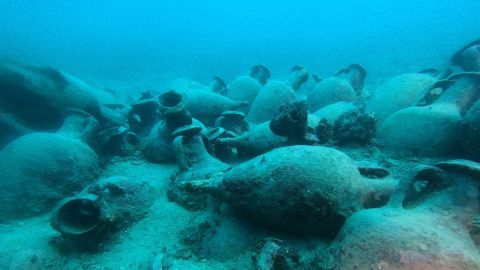
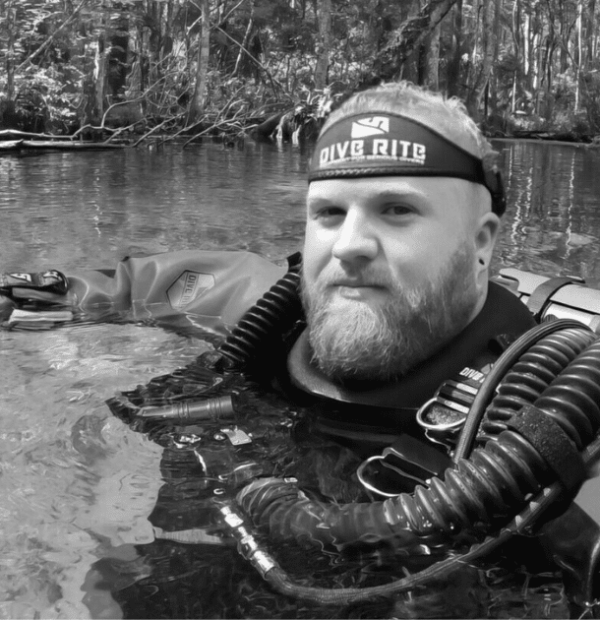

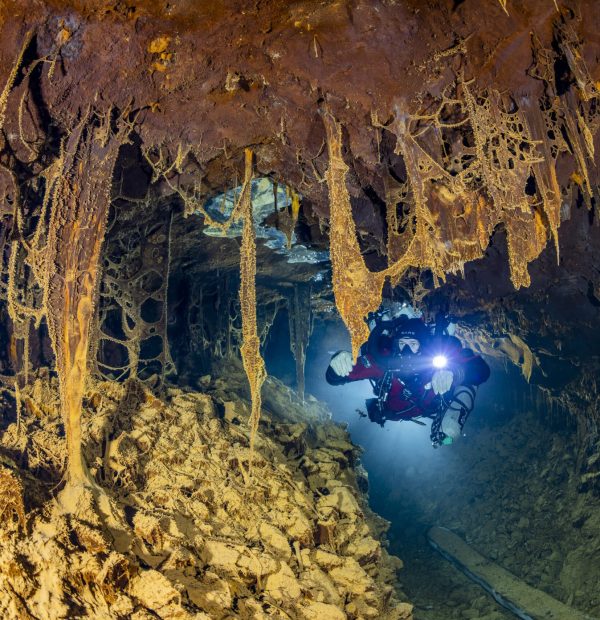
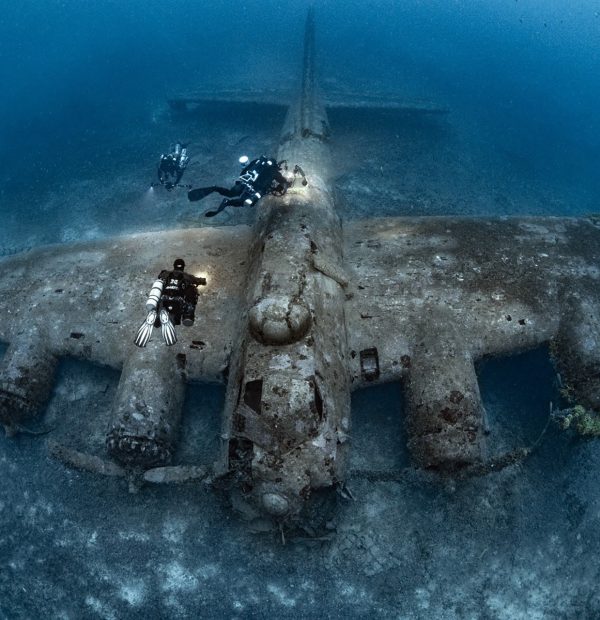
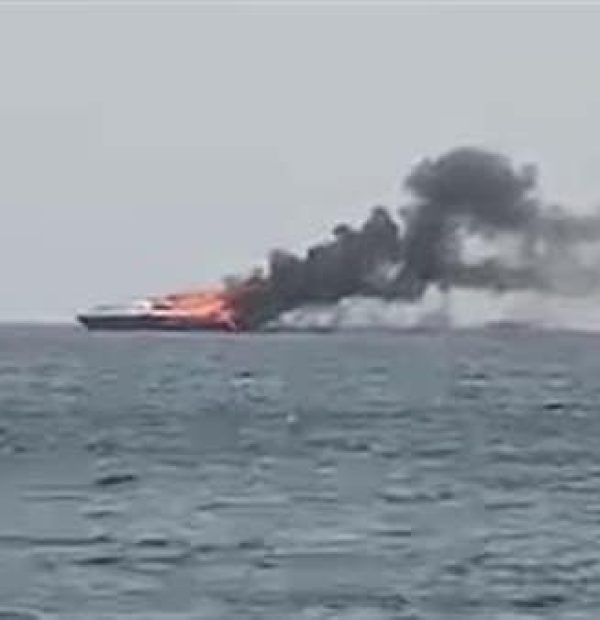
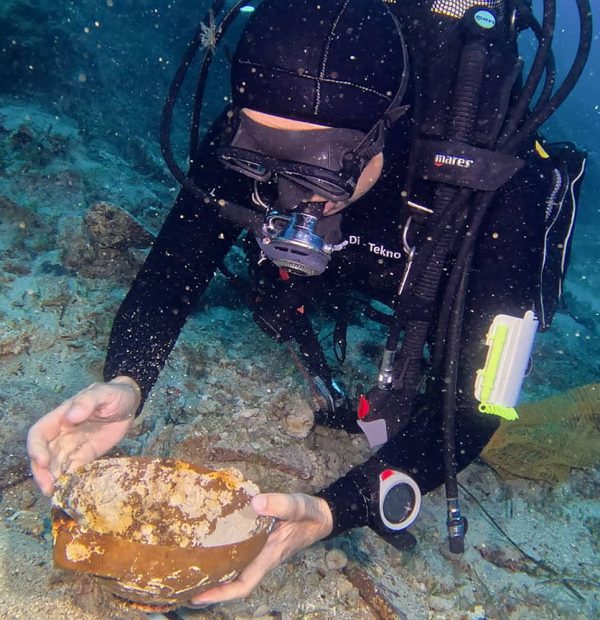
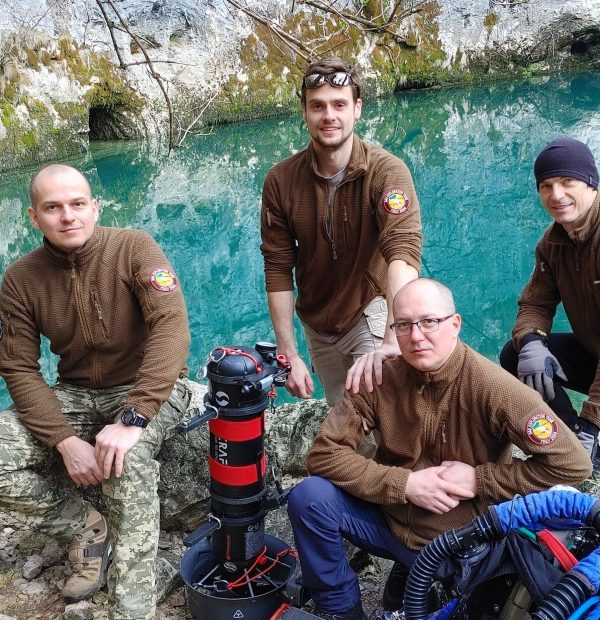

Welcome to DIVERS24.COM, your daily source of scuba news, freediving, scuba diving information, and equipment reviews. Our comprehensive coverage of the dive industry from A to Z provides you with all the latest scuba news, training updates, underwater photography tips, and everything else related to scuba diving. Whether you’re a beginner or an experienced diver looking for more knowledge about scuba gear or techniques – we’ve got it covered! With our in-depth articles written by experienced divers who have been there and done that, you are sure to find exactly what you need here at Divers24.com. Dive into scuba news today!
Underwater Media Sp. z o.o.
Szafarnia 11/F8,
80-755 Gdansk, Poland
Welcome to DIVERS24.COM, your daily source of scuba news, freediving, and scuba diving information. Sign in for a weekly news update and discount coupons for dive gear and apparel.
@2023 - underwatermedia.pl. All Right Reserved. Designed and Developed by Tworzenie stron internetowych Gdansk

The Divers24 portal is currently the largest online medium treating diving in Poland. Since 2010 we have been providing interesting and important information from Poland and around the world on all forms of diving and related activities.
Contact us: info@divers24.com